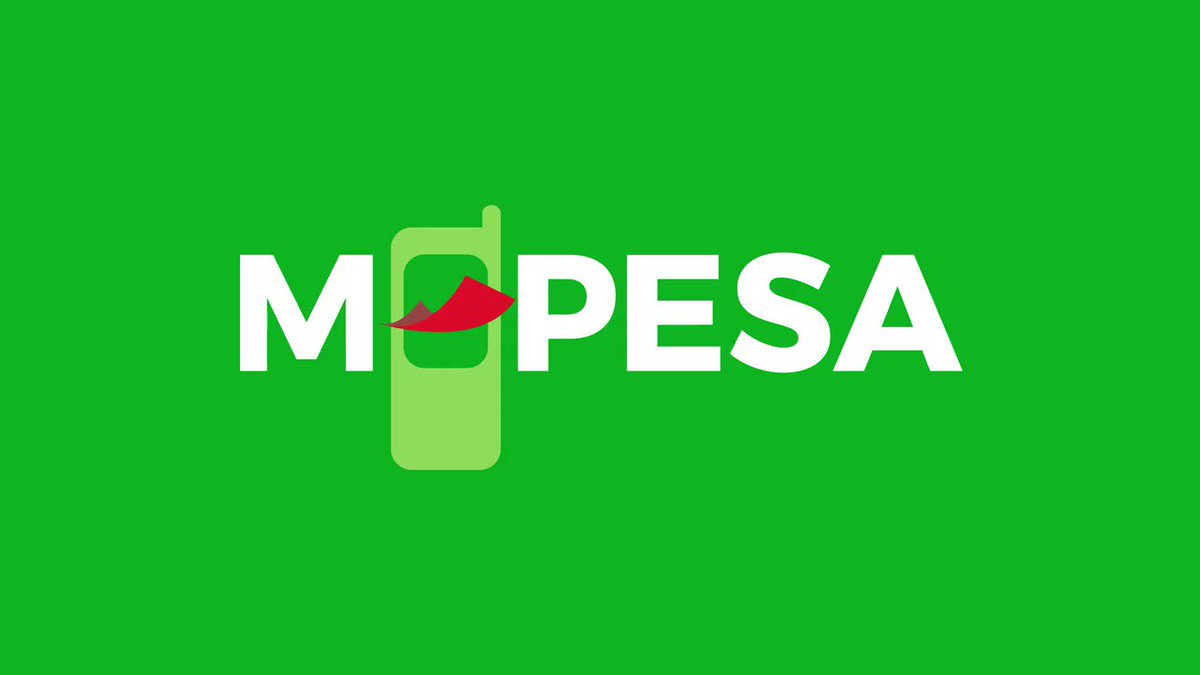A recent report by the Water Services Regulatory Board (Wasreb) has laid bare a disturbing reality at the heart of Nairobi's water management system. The Nairobi City Water and Sewerage Company (NCWSC), a critical institution tasked with providing safe and reliable water to the capital’s residents, is now in the spotlight for a string of operational, financial, and regulatory failures that threaten public trust, service delivery, and environmental safety.
Illegal Use of Customer Deposits
The most alarming revelation is the unauthorized use of Ksh 1.2 billion in customer deposits—money that is supposed to be securely held and refunded to consumers when they close their accounts or shift services. Instead, NCWSC allegedly spent this money without the required approvals, raising serious questions about financial governance and accountability.
Operating Without a Valid License
Equally troubling is the fact that the company continues to operate without a valid license, a clear breach of national regulatory frameworks. This alone should prompt swift and decisive action from oversight bodies. A water utility managing such a massive population without proper licensing undermines the legal foundation of public service delivery.
No Strategic or Business Plan
The absence of a strategic or business plan further paints a picture of a utility flying blind. Without a roadmap for future development, resource allocation, and service improvements, Nairobi’s residents remain vulnerable to recurring water shortages, poor sewerage systems, and mismanagement.
e-Citizen System Exposes Vulnerabilities
The report also highlights technical failures on the e-Citizen platform, making NCWSC susceptible to fraud. In a digital age, the failure to secure public systems handling financial and customer data is not only reckless but dangerous.
Effluent Discharge License Violations and Environmental Risk
The utility reportedly lacks valid effluent discharge licenses for its major wastewater treatment plants. This is not a minor oversight—it could lead to untreated or poorly treated waste being released into the environment, polluting rivers, groundwater, and exposing communities to serious health risks.
Land Grabbing and Legal Gaps
Key water treatment facilities, including reservoirs and sewerage works, are exposed to potential land grabbing, as NCWSC holds shares under non-legal entities linked to Nairobi County offices. The blurred lines between public service and political interests deepen the risk of corruption and asset loss.
Shocking Workforce Realities
Internally, the company is also struggling. Nearly half of its workforce is serving in acting capacities or past retirement age. This affects institutional memory, efficiency, and morale. It also reflects a lack of proper succession planning and staff development.
Massive Non-Revenue Water Loss
Perhaps the most damning technical indicator is the recorded 47.9% non-revenue water (NRW)—almost double the acceptable threshold. This means nearly half of all treated water is lost due to leakages, theft, or unmetered connections. In a city where residents often go days without water, this figure is unacceptable and points to gross inefficiencies.
What Must Be Done?
This report is more than just a regulatory review—it is a wake-up call. Nairobi’s water infrastructure is crumbling not just from old pipes, but from negligence, poor leadership, and corruption. Urgent reforms are needed:
- A full audit of NCWSC finances and operations
- Immediate regularization of licensing and compliance with Wasreb standards
- Prosecution of those responsible for misappropriating customer deposits
- Acceleration of digital system upgrades and cybersecurity protections
- Recruitment and restructuring of the workforce to ensure institutional competence
- Restoration of a clear legal framework and asset protection
Water is life. Nairobi residents deserve a utility that operates with integrity, efficiency, and foresight. The time for action is now.
For more insights on water governance, follow Eng. Cornel and join the conversation on how we can reform Kenya’s water sector.








0 Comments